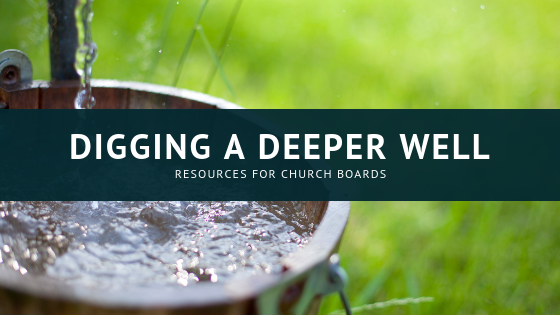Last week, we considered the motivating – and risky – role anger can play in a quest for social justice. In her essay, “Getting Angry Can Be a Good Thing,” Cecilia Muñoz suggests that “Anger has a way . . . of hollowing out your insides,” but then she adds, “I am deeply familiar with that hollow place that outrage carves in your soul. I’ve fed off of it to sustain my work for many years. But it hasn’t eaten me away completely, maybe because the hollow place gets filled with other, more powerful things.…”
What are those “more powerful things?” Christian tradition points to hope as the force that sustains us in the best and the worst of times.
- What scripture texts feed you – and your church board – in imagining the power of God’s hope? Consider sharing what those texts are with one another and why – and how – they support hope and action in the world.
The Chinese poet Shao Yanxiang (b. 1933) writes about optimism in the face of adversity. Shao’s optimism ages with him, as he moves beyond ‘hoping things will be ok’ to a way of seeing that is at once more durable and yet deeply tender. Congregations, in their continuing need to ‘see the world as it is,’ and also to see the world as God has intended it, would do well to dwell in this wrestling.
****
My Optimism
by Shao Yanxiang
I’m an adult
My optimism is adult too
My optimism
Doesn’t smile all the time
It has rolled in the mud
It’s been struck on an anvil
It burst out into sparks under the hammer
It burned in a bonfire that almost went out
For a while people scornfully called it dead ash
It has been worked over with nightsticks
Jerked around every which way
Then floated downriver chilled to the bone
None of its fibres
Is tainted by even a speck of dust
It doesn’t wear coveralls
Not my optimism
My optimism
Isn’t a coat
That you sometimes put on and then take off
Nor does it have a pocket with a conscience inside
That you could sometimes bring with you
Or sometimes leave at home
My optimism
Leaped into my arms
And I warmed it up with my body heat
After it had been trampled when those
Who had once embraced it cast it aside
I warmed it up
And it warmed me
Double-crossed
And reported on in secret
It grew up step by step
Yet without encountering obstacles
Without a taste of mean tricks
How could my optimism become adult?
Adult optimism
Isn’t always sweet
Sometimes its face is bathed in tears
I once heard it choking back sobs
But it woke out of its grief
Caught my hand
Comforted my heart
Propped my head in both hands
And tried gently to console me
With a tune that only parents would use with a child
Hello old friend inseparable as body and shadow
My long-suffering weather-beaten optimism
- What kind of adversity does the narrator experience, and how does he respond to it?
- Consider how the speaker’s optimism comforts him, and how he comforts his optimism. How are these acts similar or different?
- In your own faith life, what does it mean to be optimistic?
- Is your church board characterized by “adult optimism?” Should it be?
- Considering the scriptures on hope that were shared (above) and this poem, what is the relationship you experience between optimism and hope? As a community of faith (or church board) how do you keep optimism and hope front and center in your life and work together?








No Comments